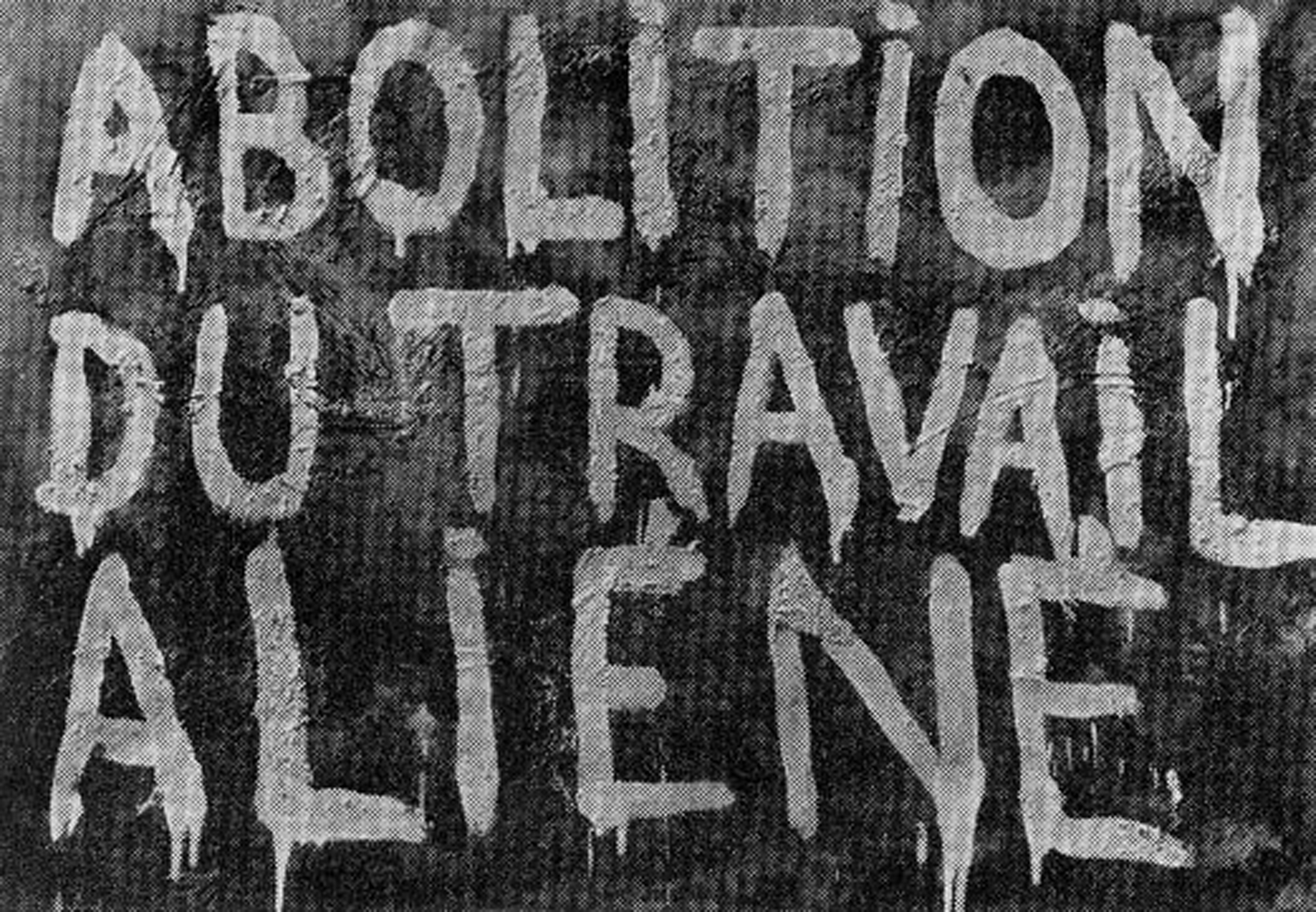ANTHROPOLOGICAL THEORY AND ENGAGEMENT: A ZERO-SUM GAME?

Engagement with pressing social and political issues is often presented as a threat to the elaboration of sophisticated anthropological theory that needs to be protected from such concerns in order to flourish. This article argues however that the history of anthropological theory demonstrates that some of the discipline's most important contributions have tended to arise as a result of its proponents' desire to engage in such debates. Although we cannot reproduce the cultural models of a previous generation of anthropologists, the future elaboration of ground-breaking anthropological theory depends upon a rediscovery of such engaged work that does not posit engagement versus theoretical development as a zero-sum game.
Two examples of such productive encounters stand out. The Situationist International, a small group of anarcho-Marxists active in Paris in the 1960s were hugely influenced by anthropological theories of exchange and in particular Marcel Mauss’ essay on the gift. They attempted to subvert the commodification of information by recontextualizing news stories and then circulating them as gifts in a magazine entitled ‘Potlatch’, and encouraged the theft and destruction of commodities in situations such as riots as the reassertion of human control over commodified products of human labour.
Punk rock equally drew indirectly on anthropological theories of the gift and contributed to the emergence of a counterculture in which gifting was encouraged and celebrated.
Two examples of such productive encounters stand out. The Situationist International, a small group of anarcho-Marxists active in Paris in the 1960s were hugely influenced by anthropological theories of exchange and in particular Marcel Mauss’ essay on the gift. They attempted to subvert the commodification of information by recontextualizing news stories and then circulating them as gifts in a magazine entitled ‘Potlatch’, and encouraged the theft and destruction of commodities in situations such as riots as the reassertion of human control over commodified products of human labour.
Punk rock equally drew indirectly on anthropological theories of the gift and contributed to the emergence of a counterculture in which gifting was encouraged and celebrated.
Download the full article via the link below
Martin, K. & Flynn, A. (2015). Anthropological theory and Engagement: A zero-sum game?. Anthropology Today 31(1): 12-14.
Martin, K. & Flynn, A. (2015). Anthropological theory and Engagement: A zero-sum game?. Anthropology Today 31(1): 12-14.
auflynn [at] arts.ucla.edu
Alex Ungprateeb Flynn is an Associate Professor at the Department of World Arts and Cultures/Dance, University of California, Los Angeles. Working as an anthropologist and curator, Alex’s practice explores the intersection of ethnographic and curatorial modes of enquiry. Researching collaboratively with activists, curators and artists in Brazil since 2007, Alex explores the prefigurative potential of art in community contexts, prompting the theorisation of fields such as the production of knowledge, the pluriversal, and the social and aesthetic dimensions of form.